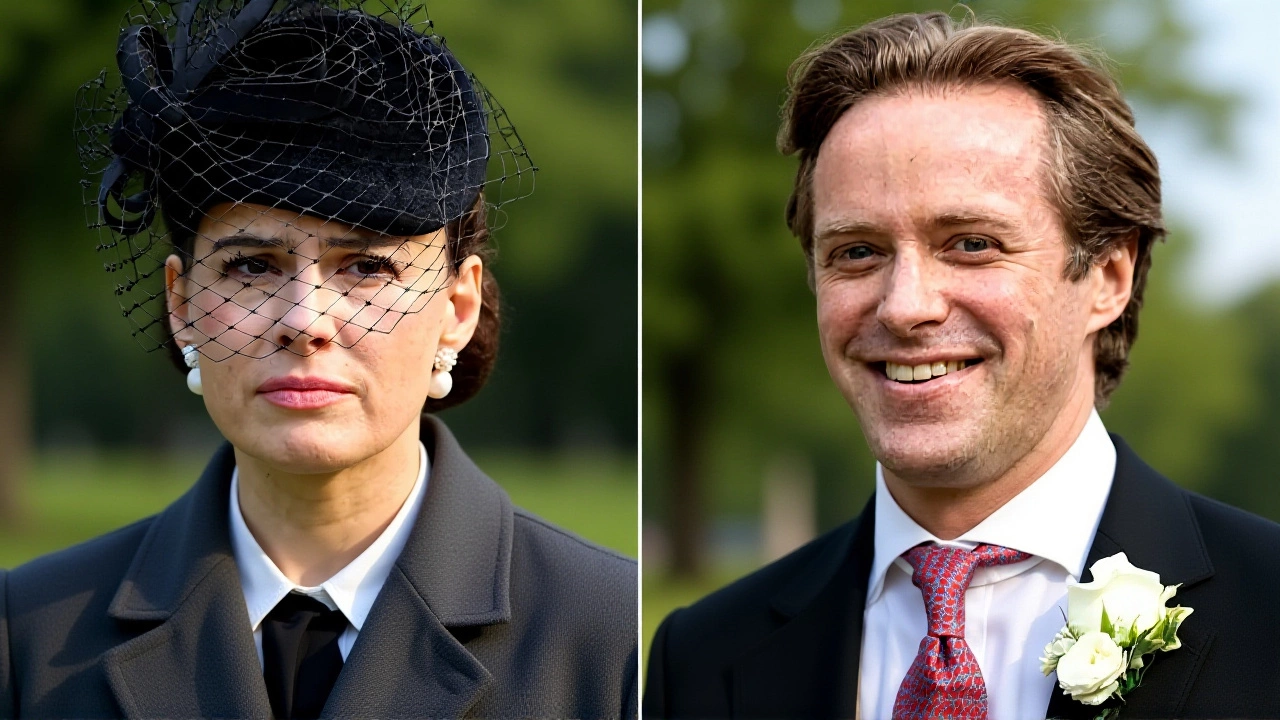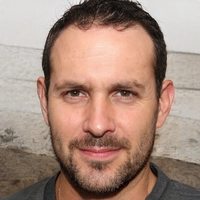Sophie Winkleman, the English actress married to Lord Frederick Windsor, has publicly shared how the extended British Royal Family continues to grieve Thomas Kingston, who died by suicide in February 2024 at age 45. "That was a big tragedy in our lives and we all miss him every day," Winkleman said in a recent interview, her voice heavy with the weight of unresolved sorrow. Kingston, husband of Lady Gabriella Kingston—daughter of Prince Michael of Kent and Princess Michael of Kent—was Winkleman’s brother-in-law by marriage. His death, though private, has rippled through a family accustomed to public scrutiny but rarely forced to speak so openly about mental anguish.
A Family’s Quiet Mourning
Winkleman, 44, described the loss as "brutal," particularly for her two daughters, who "adored him." She didn’t name them, but their bond with Kingston was clearly deep. "We’re still in touch with all his family and it feels like he’s still with us," she added. There were no public memorials, no official statements from Buckingham Palace—just this quiet, raw admission from someone who lived alongside the grief. The absence of ceremony doesn’t diminish the pain. In fact, it makes it more human. This isn’t a royal tragedy dressed in protocol; it’s a family shattered by silence that no title could fix.The Hidden Struggle Behind the Smile
What struck Winkleman most wasn’t just the loss, but how little anyone saw coming. "It’s not a positive to come out of it at all," she said, "but it makes you so much more aware that the exterior of someone can be very different from what’s going on inside." That line—simple, devastating—captures the heart of a crisis too often ignored. Kingston was 45, married into royalty, part of a world that projects composure. Yet behind closed doors, he was battling something no one knew. "You never know what people are battling behind closed doors," Winkleman added. It’s a warning, not a platitude. And it’s one that resonates far beyond Kensington.A Husband’s Response: James’ Place
In the wake of the tragedy, Lord Frederick Windsor has quietly stepped into advocacy, becoming involved with James’ Place, a UK-based charity supporting men in mental health crisis. While details are scarce—no official role, no public appearances—the fact that he’s engaged at all speaks volumes. James’ Place, founded in 2018, offers free, specialized therapy for men struggling with depression and suicidal thoughts, with centers in Liverpool, London, and Manchester. Windsor’s involvement, though private, signals a shift: even those raised in privilege are learning that mental health isn’t a luxury to be managed—it’s a lifeline to be reached for.Acting, Motherhood, and a Mission
Winkleman hasn’t stepped away from public life. She’s set to star in ITV’s upcoming drama Wild Cherry, a British television production that explores the complexities of family and identity. But her focus has shifted. Alongside acting, she’s become a vocal advocate against excessive screen time for children, pushing for stricter limits in UK schools. "We’re raising a generation glued to screens," she told a recent education forum. "We’re trading conversation for algorithms, presence for pixels." Her advocacy feels like a response to the isolation Kingston may have felt—loneliness amplified by digital noise.Why This Matters Beyond the Palace Walls
This isn’t just a royal family’s private grief. It’s a mirror. The British Royal Family may live in castles, but they don’t live outside human pain. Kingston’s death joins a quiet but growing list of high-profile suicides among men in their 40s—men who, by societal expectation, should be "strong," "in control," "successful." The fact that Winkleman spoke out at all is significant. Most royal relatives stay silent. She didn’t. And in doing so, she gave permission to others to feel, to grieve, to ask for help.Her closing thought lingers: "It has made us all hold each other a little tighter." That’s the real legacy—not the title, not the lineage, but the choice to reach out before it’s too late.
Frequently Asked Questions
Who was Thomas Kingston, and how was he connected to the British Royal Family?
Thomas Kingston was the husband of Lady Gabriella Kingston, daughter of Prince Michael of Kent and Princess Michael of Kent, making him the brother-in-law of Lord Frederick Windsor. Though not a royal by birth, he was part of the extended British Royal Family through marriage. He died by suicide in February 2024 at age 45, and his death has deeply affected his in-laws, including actress Sophie Winkleman.
Why did Sophie Winkleman speak out about his death?
Winkleman spoke out to highlight the hidden nature of mental health struggles and to honor Kingston’s memory. She wanted to challenge the myth that outward success means inner peace, especially among men. Her public comments were a deliberate act of advocacy—not for attention, but to encourage others to talk, seek help, and support those who seem fine on the surface.
What is James’ Place, and how is Lord Frederick Windsor involved?
James’ Place is a UK charity founded in 2018 that provides free, specialized mental health therapy for men at risk of suicide. It operates centers in Liverpool, London, and Manchester. Lord Frederick Windsor has become involved with the organization since Kingston’s death, though his role remains private. His participation signals a personal commitment to helping men who feel trapped by silence.
Did the Royal Family issue an official statement about Thomas Kingston’s death?
No official statement was issued by Buckingham Palace or any royal communications office. Kingston’s death was not formally acknowledged by the institution, which is typical for extended family members who aren’t working royals. Winkleman’s interview is one of the few public acknowledgments of his passing, underscoring how deeply personal the grief remains.
How has this tragedy influenced Sophie Winkleman’s advocacy work?
The loss has intensified Winkleman’s campaign against excessive screen time for children, linking digital isolation to mental health risks. She now argues that reducing screen exposure in schools isn’t just about focus—it’s about fostering real human connection, something she believes Kingston may have lacked. Her advocacy has shifted from general concern to urgent, lived experience.
Is this the first time a royal family member has spoken about suicide?
No. Princess Diana spoke openly about depression in the 1990s, and Prince William and Prince Harry have since championed mental health initiatives like Heads Together. But this is among the first times a non-working royal relative has publicly linked a suicide death to family grief, making Winkleman’s words uniquely personal and historically significant in the context of royal silence.

